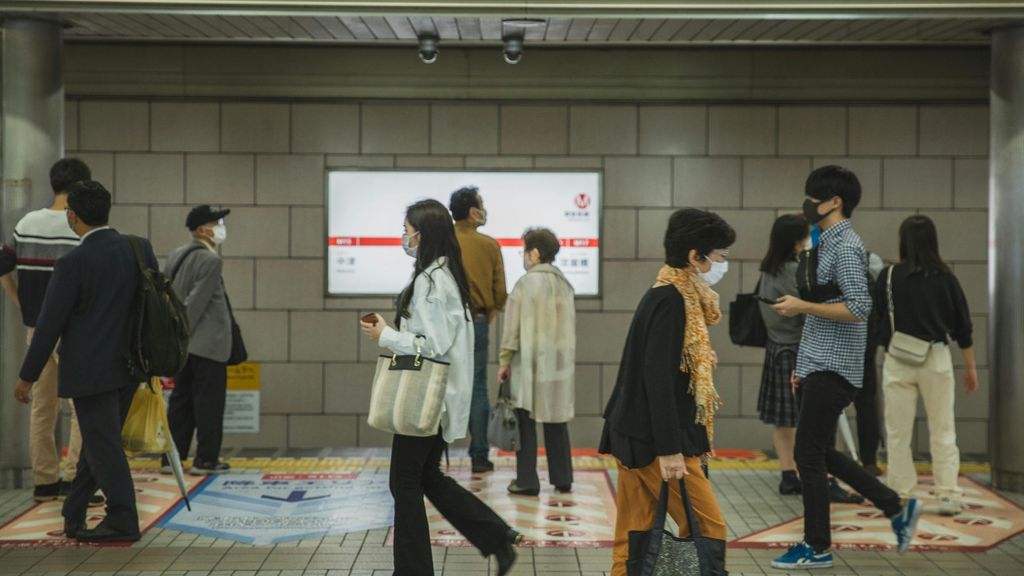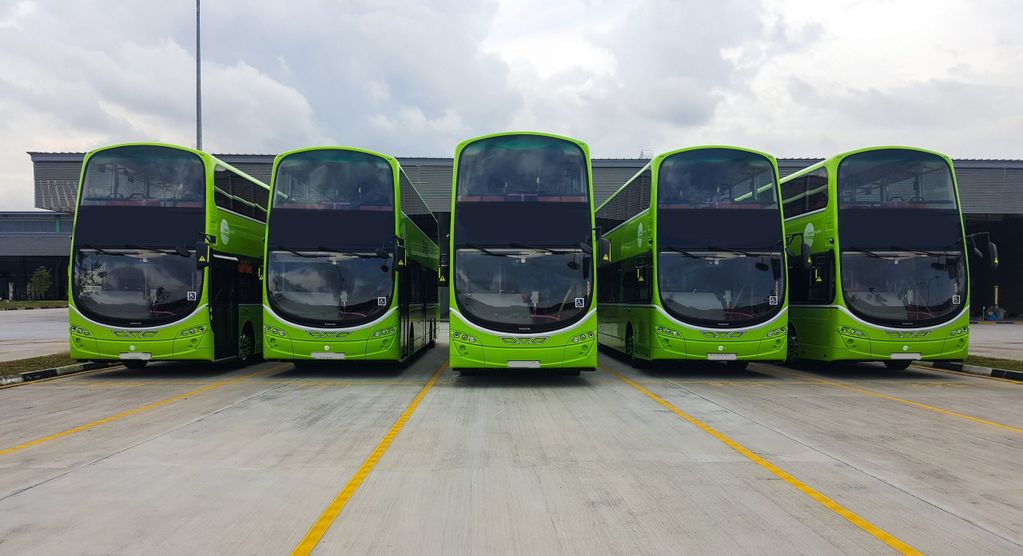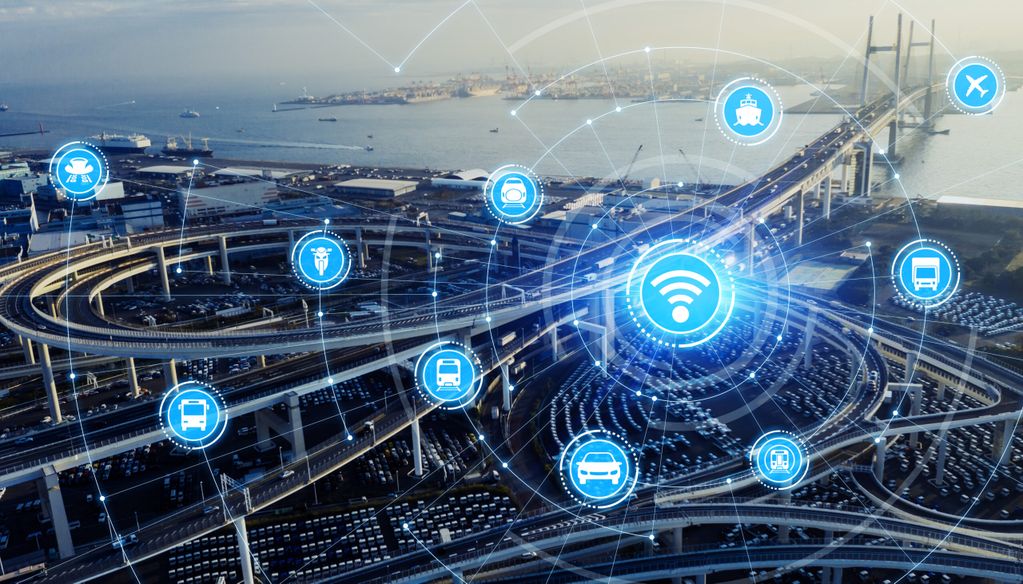
Steering our sector forward with automated mobility
Automated mobility often takes a central stage in discussions about sustainable mobility
Automated mobility: It is no longer the newest kid on the block, but still (one of) the most disruptive. Automated Vehicles (AVs) are among the biggest innovations in our sector of the last years, taking a central stage in discussions on how to create more sustainable cities.
In general, the main purpose of automated mobility is to facilitate a modal transfer from private cars to public transport, while making it more inclusive and convenient. Moreover, considering that 90% of road traffic accidents are due to human error, safety is right at the top of reasons to keep the spotlight on automated mobility. Finally, AVs are simply good news for the planet. When integrated into the public transport system, they could take every citizen to their destination with at least 80% fewer cars, drastically reducing carbon emissions.
Fully recognising the potential of AVs, UITP is involved in various research projects in the field of CCAM (Connected Cooperative Automated Mobility). In 2020, SHOW launched with 70 partners and UITP at the helm: an EU-project seeing real-life urban demonstrations taking place in 20 cities across Europe. Another initiative researching automated mobility is Drive2TheFuture, which wants to prepare “drivers”, travellers and vehicle operators to use automated transport modes.
UITP launched a new Working Group on Automation
To support the sector in steering forward automated mobility, UITP has launched a new Working Group on Automated Mobility. Already gathering over 40 members, the Working Group brings around the table stakeholders from the entire transport sector to work on knowledge and roadmaps around the technology of AVs and how to integrate them effectively into the public transport network.
By looking at automated mobility from different angles and with different interests, the Working Group aims to tackle important issues. What are viable governance and business models regarding AVs? How can we guarantee that users will accept the arrival of AVs? What are the legal, operational and ethical limitations of AVs?
These (and many more) questions will be answered by counting on a unique collaboration by players from the entire mobility value chain and producing comprehensive knowledge on a topic that is essential to enhance passengers experience and thus our sector as a whole.
Are you a member of UITP and interested in joining the Working Group? Please contact Henriette Cornet.
Automated mobility at IT-TRANS
Not surprising, automated mobility is one of the key topics at IT-TRANS 2022, with on Wednesday 11 May two Plenary Sessions exploring the topic.
The best practices of data sharing: Building a connected world
You say automated mobility, you should think data. This Plenary session will cover the key benefits of data sharing and the best practices followed by agencies around the world.
The amount of data produced by mobility services and transit agencies can help us plan much better transportation solutions – but with the rapid expansion of data economy, there are some emerging issues. Who should create new standards and how should it be regulated? A data strategy that covers data governance, the data sharing culture and risk assessments is needed to set the foundations of how an organisation interacts with data.
May 11, 2022, 09:00 – 10:00
Automated shared mobility: Getting our cities ready
Could AVs lead to healthier, more competitive and greener cities if the vehicles are integrated into an effective public transport network? This Plenary session will see the exchange of information and learnings and discuss the latest trends in automated mobility, also touching upon the learnings of the SHOW project.
Speakers will explore how AVs can drastically reduce car ownership, regain essential urban space, and result in better mobility for all.
May 11, 2022, 14:00 – 15:00
Curious to meet the people driving automated mobility? Listen to the SHOW podcast here.
exclusive resources








